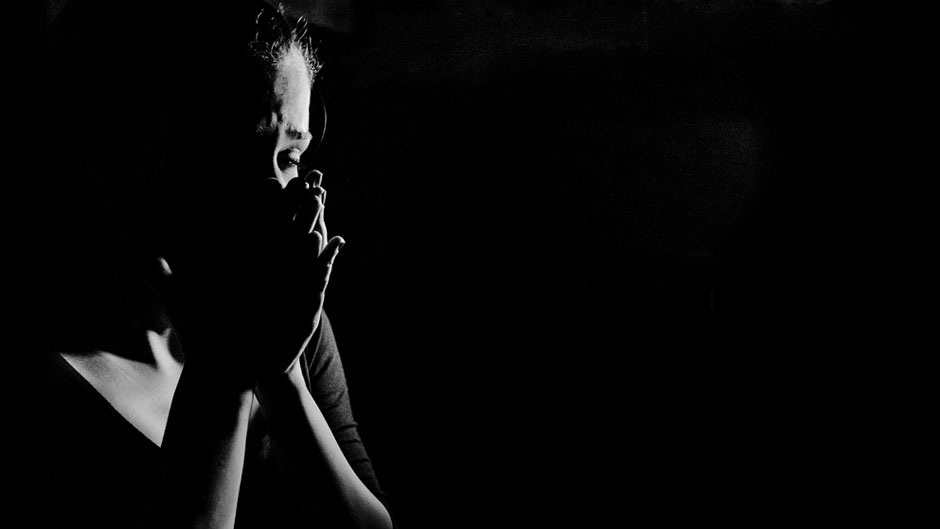Grace Gatera grew up in Uganda after leaving her birth country of Rwanda because of ethnic genocide. Violence was a constant for her. She developed PTSD as a child, as well as other mental conditions. But her mental ailments were not acknowledged or treated. Even at school, when she would become agitated, she was beaten and accused of faking her emotional distress.
“This made me very confused,” said Gatera. “I asked myself: ‘if they are right, why does it hurt so much to pretend?’ ”
Today, Gatera is a young advocate for NCD Child My Mind Our Humanity, a campaign for the Lancet Commission on Global Mental Health and Sustainable Development. She also works with NCD Child and the Mental Health Innovation Network.
“I advocate from my lived experiences of my mental challenges,” she said on Monday during a virtual conference— “The Importance of Including Youth Voices on Gender-based Violence and Maltreatment of Young People.” It was sponsored by NCD Child, the University of Miami Institute for Advanced Study of the Americas, and the Lancet Commission on Gender-based Violence and Maltreatment of Young People.
“I feel that for the first time we [people who have lived these experiences] are finally getting the attention that we had fought for and the appropriate representation,” she said. ”I feel like I am in a space that I could change things for people who grew up like me.”
Including the voices and perspectives of abused children is a priority for the Lancet Commission, especially at a time in which violence against women and children is increasing.
Violence against women and young people is persistent and it is pervasive,” said Felicia Knaul, director of the Institute for Advanced Study of the Americas and cochair of the Lancet Commission on Gender-based Violence and Maltreatment of Young People.
“[Violence] was, it is, and it will be of pandemic proportions and it has only increased with COVID-19,” she added. “More than a third of women and girls—over 1 billion people—experience intimate partner violence or non–partner physical or sexual violence in their lifetimes. Almost a quarter of all adults worldwide report physical abuse as children. And a lifetime prevalence of sexual abuse is unacceptably high for both sexes, 20 percent for girls and one in 10 for boys.”
Chelsea Clinton, vice chair of the Clinton Foundation and a commissioner of the Lancet Commission, said that violence of young people is “persistent, pernicious, and widespread.”
According to Clinton, “it affects more than a third of women and girls.” And, she added, “42 percent of all homicides take the lives of young people under 29 years of age. The risk of gender-based violence is higher for people, particularly younger people, living in poverty and vulnerable situations. Fundamentally, gender-based violence are human rights violations.”
Mphokuhle Mabhena-Lunga, a regional coordinator for Sonke Gender Justice in South Africa, works with young refugees and migrants where she has encountered victims of sexual abuse, genital mutilation, and rape.
“Young people often face a great deal of violence, especially during conflict,” she said. “You find that violence is the top issue that affects young people. We see a lot of violence in Africa, especially in war-torn countries. Young women suffer the most when it comes to a war-torn country since women’s bodies [are] used as a weapon of war.”
Many girls in war-torn countries are raped and impregnated by rebels, she said. “We see a sad future for these girls,” she added. “They have to raise fatherless children. It is painful enough to live in an unsafe space and then be raped and bear a child with the face of your rapist.”
Studies conducted by the Sonke organization showed that these mothers are often emotionally disconnected from their child, she said. War-torn countries also make it difficult for young people to receive an education since survival is the priority and schools are often closed or inaccessible, she noted. This limits the future of these young people and increases poverty and unemployment.
Through different programs, Mabhena-Lunga’s organization has formed partnerships with faith-based groups and churches, which can provide safe spaces to many. They have also learned that creating youth-led groups is key. In all their programs, they let young people set the agendas to discuss issues relevant to them and offer possible solutions.
Mabhena-Lunga also urged for more research to be done in several African countries to learn more about the abuses against young people and what kind of policies could be drafted to help them.

